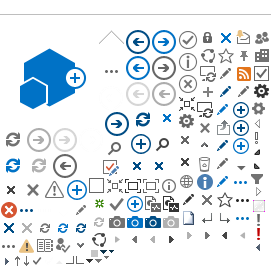About
Over the past several decades, global radiation chemistry expertise and facilities have declined. However, there is now renewed interest in radiation chemistry because of the implementation of new nuclear fuel cycle proposals, design of next-generation nuclear reactors, water and waste treatment by advanced oxidation technologies, and the growing recognition of the importance of free radical reactions in medical, environmental, and atmospheric chemistry.
Idaho National Laboratory has established itself as an international leader in radiation chemistry, as applied to used nuclear fuel separation process chemistry, coordinating international radiation chemistry studies in support of fuel cycle programs.
Building upon this legacy of combined radiation chemistry expertise, the Center for Radiation Chemistry Research (CR2) was established in 2016, bringing together key researchers with extensive knowledge in the field of radiation and radiochemistry, in addition to those with expertise in other disciplines such as electrochemistry and inorganic solvent extraction chemistry. Thereby creating an interdisciplinary center for providing holistic insight and solutions to ionizing radiation phenomena and challenges.
The CR2 mission is to:
Address radiation chemistry challenges throughout the nuclear fuel cycle and beyond.
Advance our fundamental and applied knowledge of ionizing radiation phenomena.
Train the next generation of radiation chemists, to preserve the world's expertise for future generations.


